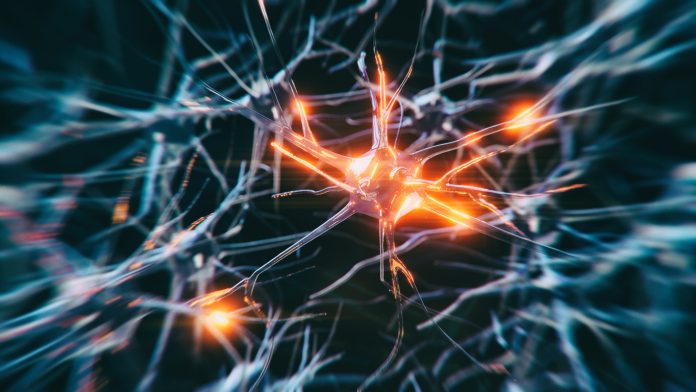Do you ever find yourself in situations where you want to scream out of frustration or anger? Well, there is a reason why you manage to keep cool on those tough days
Researchers at Dartmouth have led a study that looks into how the brain regulates emotions. Published in Nature Neuroscience, this study shows the intricate mechanisms behind our emotional responses and how we manage them.
Lead author Ke Bo, a postdoctoral researcher at Dartmouth’s Cognitive and Affective Neuroscience Lab, explains the excitement of uncovering brain regions solely dedicated to regulating emotions.
How do our minds work?
These findings offer new insight into the inner workings of our minds and could change clinical applications for mental health treatments. This study suggests targeting specific brain regions for stimulation to enhance regulations.
Researchers used computational methods to analyse participants’ brain activity exposed to emotionally charged images. They discovered distinct areas responsible for emotion regulation, shedding light on how we navigate and cope with negative experiences.
The study shows the role of the anterior prefrontal cortex and other higher-level cortical regions in emotion regulation. These brain regions, involved in abstract thinking and long-term planning, play a vital role in reframing our perceptions of challenging situations.
The study also explores the influence of neurotransmitters like dopamine, serotonin, and cannabinoids on emotion regulation. These chemicals, which shape neural communication, were found to interact with the brain’s emotion regulation systems.
Targeting neurotransmitter systems for better mental health
These findings further raise questions about the long-term effects of drugs targeting these neurotransmitter systems and their potential implications for mental health treatments.
Senior author Tor Wager, Director of the Dartmouth Brain Imaging Center, shows the importance of understanding the cognitive effects of drugs in mental health therapy. This understanding could lead to more effective treatments by combining psychological interventions with pharmaceutical approaches.
There is also the therapeutic potential of psychedelic drugs, which affect serotonin receptors. By altering our perceptions of life events and enhancing our ability to self-regulate, these drugs could offer new ways of treating mental health disorders when combined with appropriate psychological support.
“It’s important to consider these connections that come from basic science,” says Wager. “Understanding drug effects requires understanding the brain systems involved and what they’re doing at a cognitive level.”
Editor's Recommended Articles
-
Must Read >> Breaking the stigma: Men’s mental health matters













